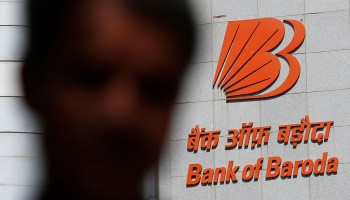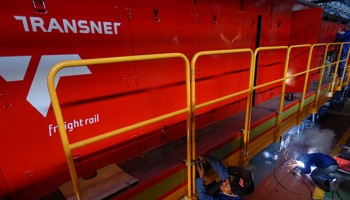Deputy Chief Justice Ray Zondo, who heads the commission investigating the allegations against Zuma, opened the inquiry by detailing the wide-ranging allegations against Zuma, and calling on the public to come forward with evidence.
“This commission is an opportunity for all of us in this country to play a role, to contribute, to finding a solution to two very important issues to us as a nation. One, corruption, two, state capture,” he said.
Zuma’s ouster came as investigations uncovered a slew of corrupt ties and shady deals between his administration and the well-connected Gupta family.
The Guptas stand accused of having orchestrated what South African authorities have termed “state capture” - a systemic political corruption in which their interests influenced the state's decision-making processes to their own advantage.
The family successfully influenced the hiring and firing of government officials under Zuma, often based on those officials’ willingness to agree to certain deals that enriched the Guptas.
OCCRP investigations show the Guptas extracting hundreds of millions of dollars from state deals like China’s supplying locomotives to South Africa’s state-owned infrastructure firm.
India’s Bank of Baroda helped the family to launder these hundreds of millions.
But despite these corruption revelations, Zuma still enjoys considerable support from his party, the African National Congress, with BBC reporting that his supporters believe him to be unfairly targeted.
Deputy Chief Justice Zondo appealed to the public to come forward with evidence against Zuma, saying that the response to previous such appeals had been tepid.
“The response has not been what we were expecting,” he said. “The response has been quite disappointing...We know, we all know, that there are people out there...who have evidence. Who know some of the things that were happening.”






